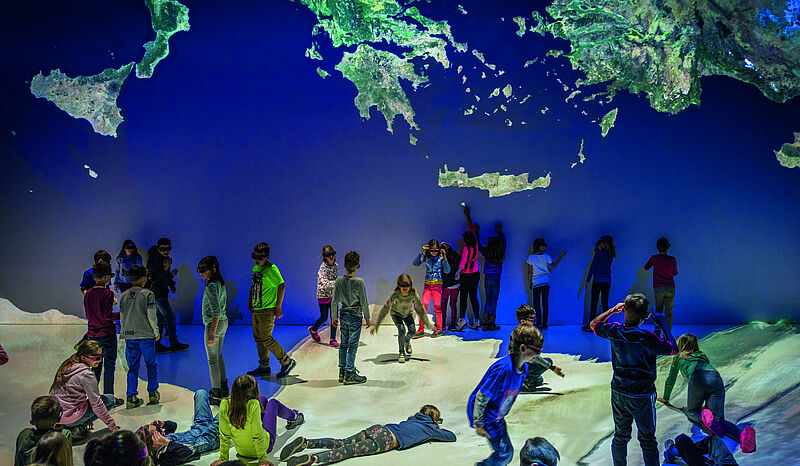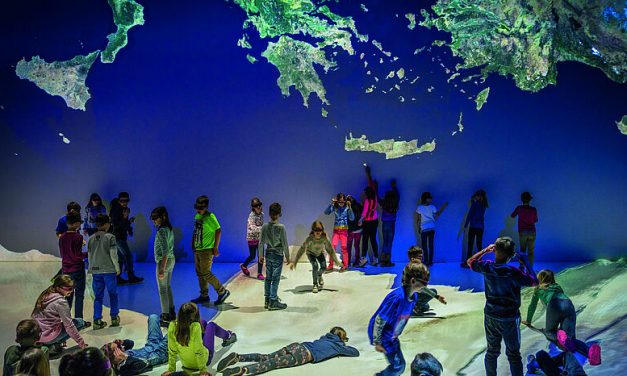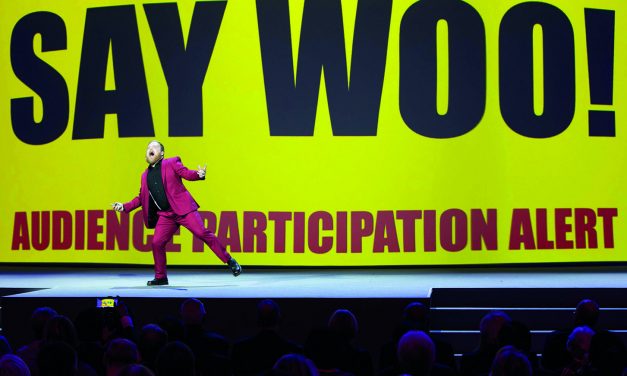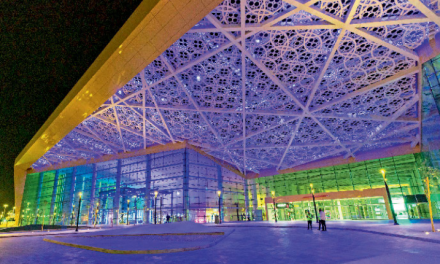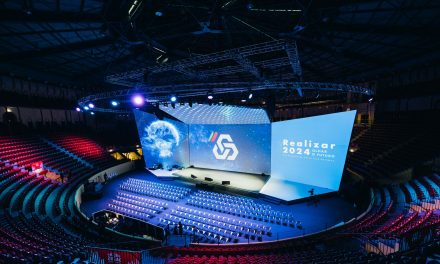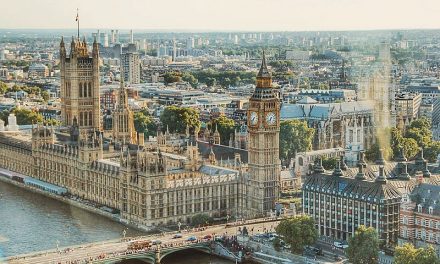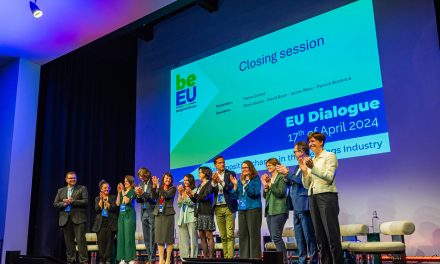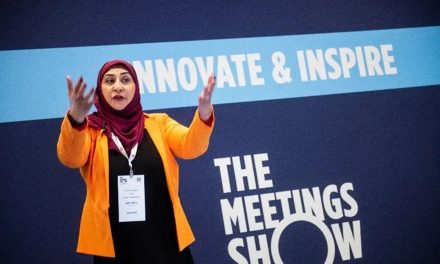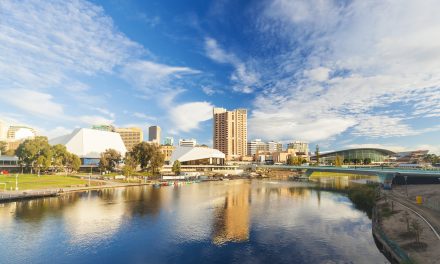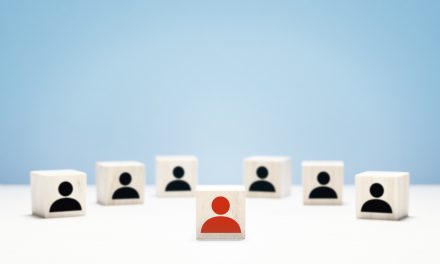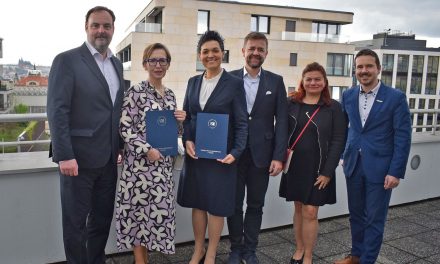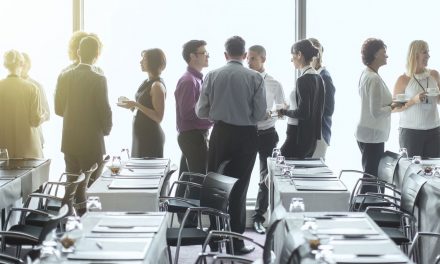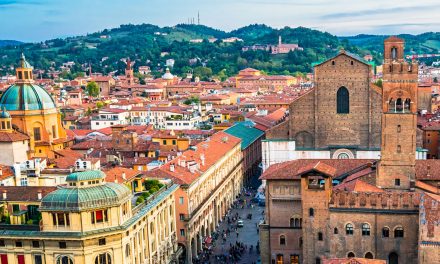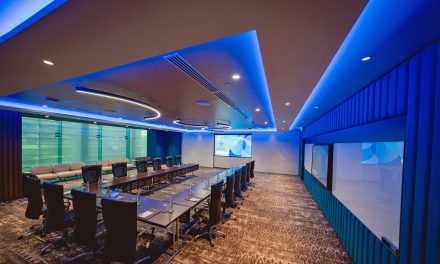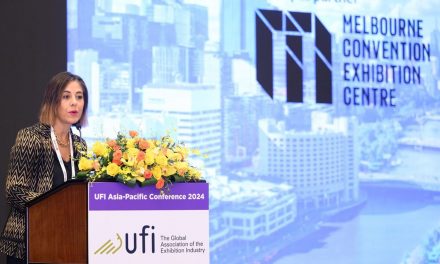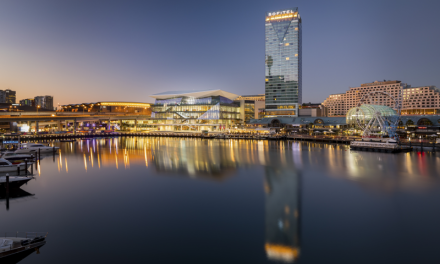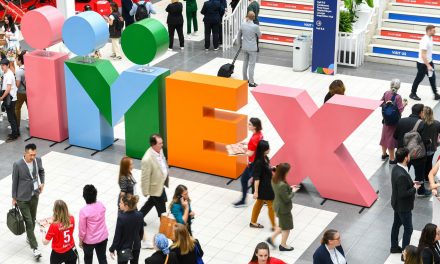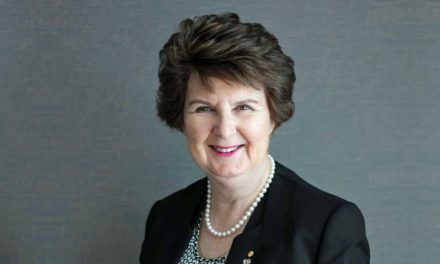Head and heart. “Ours is an industry within which logic and in-depth planning are absolutely critical to successful outcomes,” says Tracy Halliwell, Director of Business Tourism and Major Events at the London Convention Bureau. “Creativity and innovation are growing ever more important as clients demand event activations that set them apart from their competitors and deliver enduring memories for consumers.” Halliwell talks about a study with 400 planners by London and Partners for its convention bureau campaign “Love the Event, Love the Experience” in 2015.
Planners put their brains to a 30-second test to find out whether they were rational left-brained or creative right-brained thinkers. The result: over 60 per cent had a dominant left brain. However, 53 per cent feel under pressure to deliver innovative and pioneering events. Less than a third say that risk-taking is encou‧raged by their organisation. When questioned about how they foster creativity within their businesses, just 34 per cent said they were allowed free time to think, but only 32 per cent agreed that creative excellence is rewarded.
Organisational psychologist Heinz Schuler is of the opinion that creativity cannot be learnt but can be encouraged, “by putting together teams in such a way that they ‘disrupt’ each other productively and thus constantly stimulate new thinking. In addition, time and independence are factors that foster creative solutions. An atmosphere where, instead of brooding, you can let go of the actual problem and think outside the box favours the process.” Two thirds say that time pressure and budgets inhibit creativity.
Vok Dams’ reaction was to recruit a digital live experience team of professionals for hybrid events, live campaigns and agile event management. The agency group’s DLX team is committed to helping customers “creatively harness the power of digital change for communication,” says CEO Colja Dams. We want to break up silos and thought patterns and bring digital intelligence, measurability and reach together with emotional live marketing. Dams is certain: “The most exciting innovations will happen at the interface between digital and live in future.”
Marriott has expanded its collaboration with TED Conferences. In keeping with their motto “Ideas worth spreading”, the hotel chain will broadcast the TED2019 conference in Vancouver live for the first time in 12 hotels. The Bonvoy Moments programme also features a TED master class and TED fellow salons. “The partnership has consistently provided a platform for innovation and insight that ignites creativity in guests and creative thinkers around the globe,” says Julius Robinson, Senior Vice President of Marriott Internationalʼs Classic Premium brands.
Seminars and workshops offer inspiration on how to free your mind despite the pressure and dynamics of digitisation. On 24 October, IECA Mannheim will offer “Interactive Event Formats – Cutting Edge Event Design”, including the theme “Brainstorming – Creativity is a Game”.
Trade fairs are also discovering guestsʼ playful side and offering them space to explore. Two creative workshops are on the agenda of Locations Stuttgart on 2 July. One is about “puppet thinking” the other a painting event, a mix of art, entertainment and drinks, invented in the USA. Storytelling is also on the agenda with live content and event marketing via social media. Lively discussions in the workshops, media and expert panels will show how to reconcile the two worlds – digital and creative – or how they can enrich each other.
“Creativity thrives best when it meets with obstacles,” says Prof Dr Peter Friedrich Stephan, Academy of Media Arts in Cologne. “But digital promises rather the opposite: everything is supposed to work automatically. Digital brings all our tangible history to life. In some people, this may block the imagination they need to create something new.” Prof. Stephan is a designer and consultant, researcher and musician. He has observed that innovation has become a “creative imperative”, which leads to great demand for consulting services, such as design thinking.
But this often results only in pseudo-innovations, while business continues as usual for as long as possible. “Boosting creativity and flexibility – e.g. with design thinking – is a good thing,” says Prof Stephan. “But the perspective needs to become much wider and even incorporate the companies’ strategic questions and the social context.”
Events such as Re:publica Berlin, the Campfire in Düsseldorf in late August, or Ars Electronica in Linz with its Future Innovators Summit in early September deal with all the impacts of digitisation. And they are successful crowd-pullers because they reinvent themselves, boost their relevance and expand their horizons.
The motto of the 40th Ars Electronica (AE) is “Out of the Box – the Midlife Crisis of the Digital Revolution.” As one of the largest stages for media art, a festival for digital music, a fair for creativity and innovation as well as a playground for the next generation, it focuses on art, technology and society. The 15 attendees of the Future Innovators Summit will discuss problems of the digitised society and develop “creative questions & future scenarios” for a better future in order to get outside the “box”. Around 105,000 guests came to AE in 2018 with a programme of 614 events over 5 days – the largest edition since its launch in 1979.
“The experience itself is now what drives the event,” recaps Tracy Halliwell, “but it’s only by combining pioneering ideas with concrete solutions that we can truly surprise and delight.”
- Creative approaches for more awareness at the Rotary Convention 2019 in Hamburg. Photo: Monika Lozinska/Rotary International

